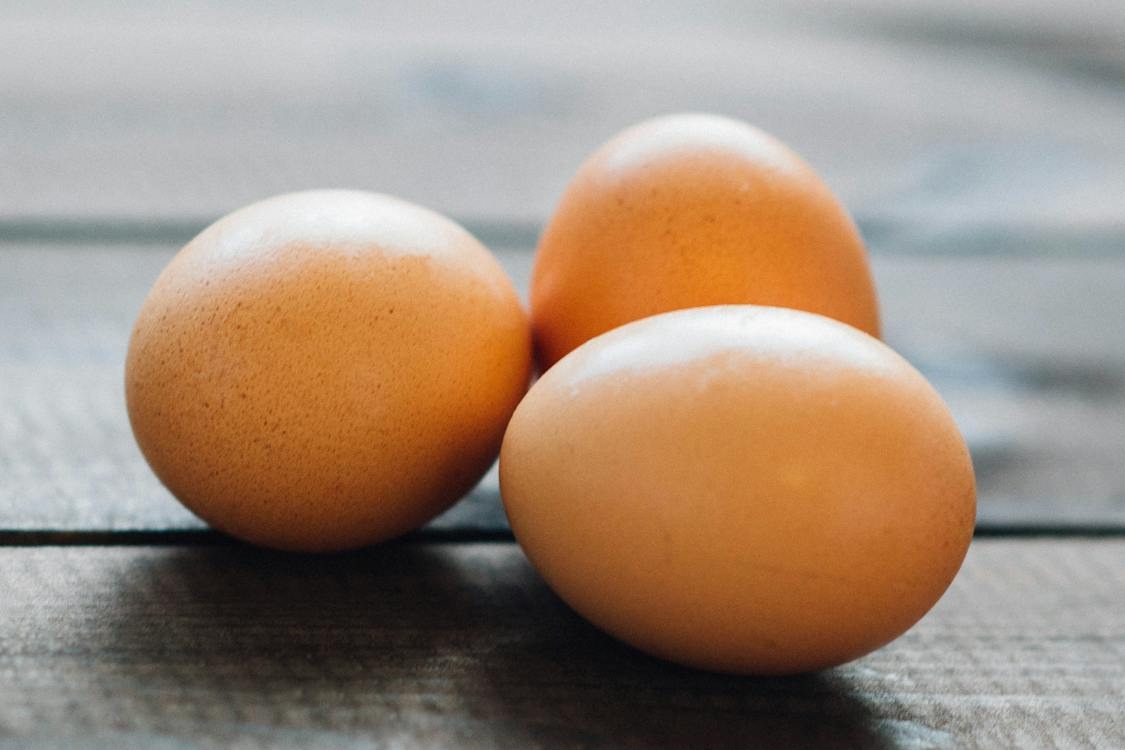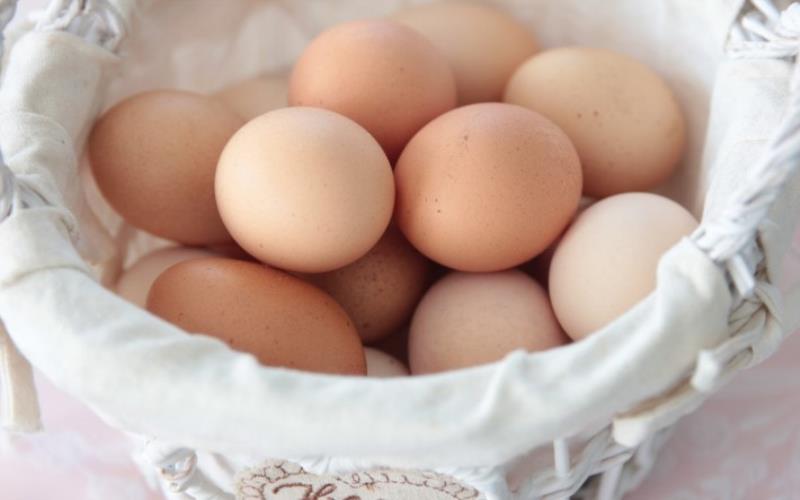Eggs are a staple ingredient in cuisines around the world, celebrated not just for their nutritional value but also for their profound impact on the flavor and texture of a myriad of dishes. High-quality eggs can elevate the simplest recipes to new heights, enriching flavors and imparting a luxurious mouthfeel that’s hard to replicate with inferior substitutes.
In the following sections, we will explore how the use of high-quality eggs contributes to gastronomic excellence, the science behind their transformative properties, and why discerning chefs and home cooks alike prioritize their selection in the culinary process.
The Role of Egg Quality in Culinary Success
High-quality eggs, marked by their rich, vibrant yolks and firm, robust whites, play an instrumental role in culinary success. The freshness of the egg can affect everything from the structure of baked goods to the texture of a custard. For instance, fresh eggs hold more air when whisked, leading to lighter, more delicate pastries and meringues. This is attributed to the low pH of fresh egg whites, which allows them to achieve and maintain a stable foam when beaten.
On the other hand, the vividness of the yolk not only contributes a bold color but also adds depth to the flavor profile of dishes. The quality of an egg is often determined by the hen’s diet; those fed on rich, varied diets produce eggs with yolks that are not only aesthetically pleasing but also enriched with a more complex range of fatty acids and nutrients, imparting a superior taste and texture that is immediately noticeable in sauces, emulsions, and creams. Beyond the immediate sensory improvements, high-quality eggs also bring enhanced structural integrity to recipes.
In baked goods, the strength of the albumin protein found in high-caliber eggs creates firmer scaffolds, bestowing a more appealing texture and volume. Chefs carefully select their egg sources, often opting for local farm made eggs, knowing that the finer subtleties these ingredients offer can mean the difference between a satisfactory dish and an exceptional culinary experience. Plus, by using high-quality eggs, chefs support sustainable farming practices, promoting animal welfare and reducing the environmental impact of food production.
From Farm to Kitchen: The Journey of a High-Quality Egg
Understanding the journey of a high-quality egg from farm to kitchen is key to appreciating its role in culinary arts. It starts with the practices of ethical farming, where hens are provided with a natural habitat, ample space to roam, and a diet that includes grains, insects, and greens. Such conditions contribute significantly to the welfare of the hens and the quality of the eggs they produce. The eggs are then collected, often by hand, ensuring they are fresh and unmarred by the processes that might compromise their integrity.
Once the eggs reach the kitchen, chefs inspect each one—checking for shell firmness, yolk vibrancy, and white viscosity—a ritual synonymous with the respect for good ingredients command. They know that these high-quality eggs will influence not just the taste, but the ethical footprint of their culinary creations.
Consumers are increasingly conscious of food origins, and by using eggs from farms committed to sustainability and humane conditions, chefs reinforce a message of responsibility and care that extends beyond the kitchen, cultivating a dining experience that patrons can appreciate both for its sensory appeal and its moral consideration.
The Art of Choosing the Right Egg: Tips for Chefs and Home Cooks
Selecting high-quality eggs is an art that requires a keen eye, a gentle touch, and a basic understanding of what makes an egg great. Here are some tips for chefs and home cooks alike on how to choose the right eggs for their culinary creations:
- Color: A rich, golden yolk is often indicative of a well-fed hen and therefore higher nutrient content. However, the color of the yolk can vary based on breed and diet, so it should not be used as the sole indicator of egg quality.
- Shell Integrity: A firm and intact shell is crucial for guaranteeing freshness. Carefully inspect each egg before purchasing or using it to ensure there are no cracks or leaks that could indicate a compromised egg.
- Size: The size of the egg can also impact its quality, with smaller eggs often having a higher yolk-to-white ratio, providing more flavor and richness in dishes.
- Source: Whenever possible, opt for locally sourced or fresh farm eggs. Not only do these have a lower carbon footprint, but they are also likely to be fresher and produced through ethical and sustainable practices.
Egg-centric Dishes: Showcasing Premium Eggs in Signature Recipes
To truly appreciate the impact of high-quality eggs in food, one only needs to taste them in egg-centric dishes. Here are a few recipes that showcase the transformative power of premium eggs:
- Perfectly Poached Eggs on Avocado Toast: The creamy richness of avocado pairs perfectly with the runny yolk and velvety texture of a perfectly poached egg.
- French Toast with Caramelized Bananas: The richness of brioche bread and the sweetness of caramelized bananas are elevated to new heights with the addition of high-quality eggs in this classic breakfast dish.
- Crème Brûlée: This decadent dessert is all about the eggs, with their yolks providing the smooth, silky custard base that is then topped with a perfectly caramelized sugar crust.
Beyond Taste: Nutritional Advantages of High-Quality Eggs
The advantages of high-quality eggs go beyond flavor and texture, with these nutrient-dense ingredients providing a range of health benefits. They are an excellent source of complete protein, containing all nine essential amino acids required by the body for optimal function. Additionally, they are rich in vitamins, minerals, and antioxidants such as lutein and zeaxanthin that support eye health. By using high-quality eggs in cooking, chefs and home cooks can not only enhance the taste of their dishes but also improve their nutritional value.

In conclusion, the use of high-quality eggs is a testament to the age-old saying that the quality of ingredients directly influences the outcome of a dish. Their influence extends from elevating the most basic recipes to crafting culinary masterpieces, providing both gustatory pleasure and nutritional benefits.
For chefs, home cooks, and food enthusiasts, investing in the finest eggs is more than a choice; it’s an essential ingredient for success in the kitchen and beyond. These humble yet powerful ingredients not only carry the potential to perfect the texture and flavor of a dish but also encapsulate a commitment to health, ethical sourcing, and sustainability that is increasingly valued in the culinary world.


